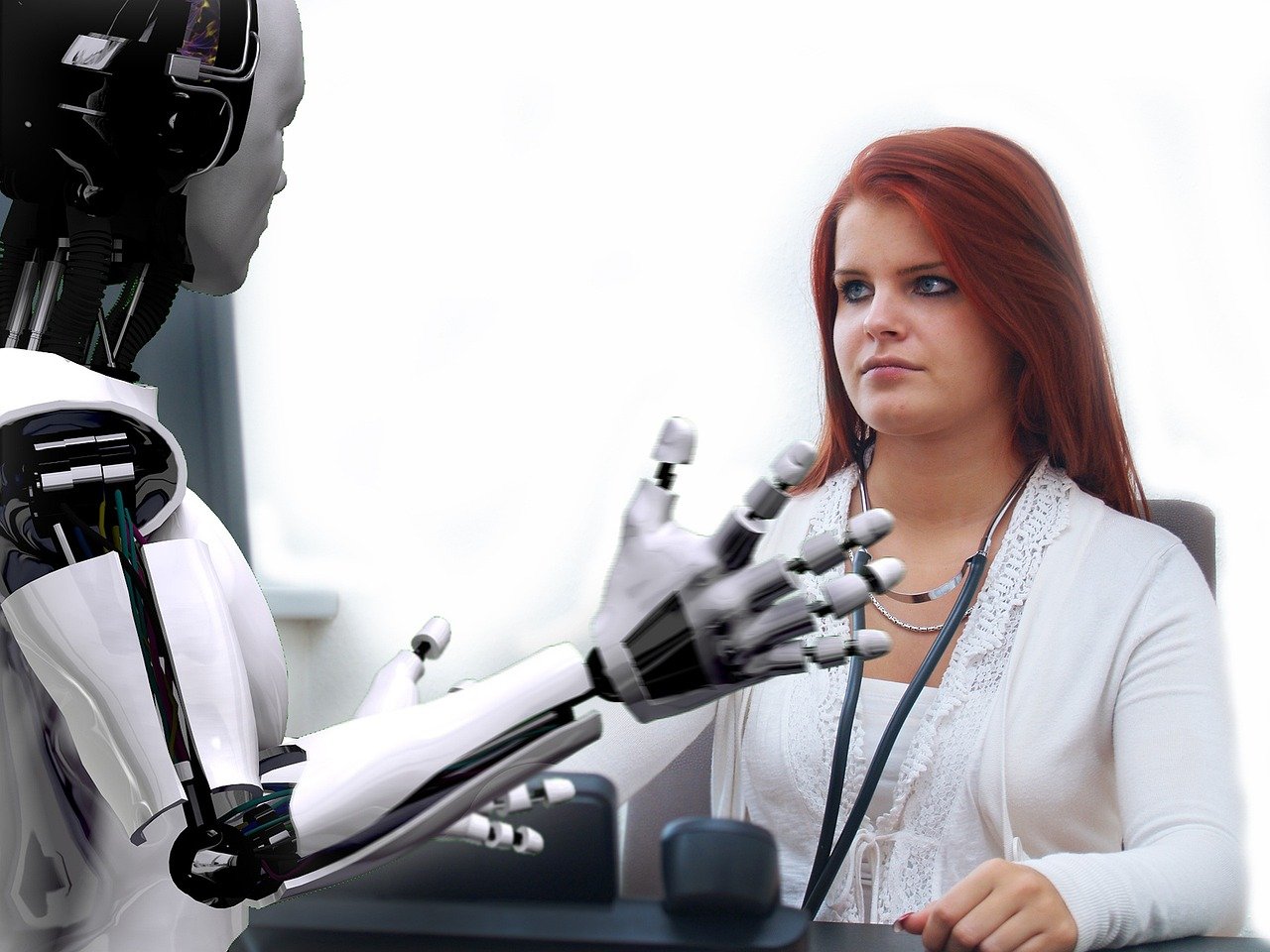In Glasgow’s Royal Infirmary, a game-changing innovation is taking place in the operating room. Dr. Kevin Burton, a leading gynaecological oncologist, is using a robot named Roxy to perform highly precise cancer surgeries. With four mechanical arms inserted through small incisions, the robotic-assisted system allows surgeons to operate with unmatched accuracy while minimizing risks.
From a nearby console, Dr. Burton controls Roxy using a joystick and foot pedals, giving him a detailed, 3D view of the patient’s internal organs. This next-level precision helps avoid damaging nerves and blood vessels, ensuring a safer and more effective surgical experience.
The Rise of Robotic Surgery
Robotic surgery has been on the rise in Scotland since 2015, assisting in specialties like thoracic, urology, pancreatic, and orthopaedic surgeries. The Scottish government has invested £20 million in da Vinci robots, particularly to improve surgeries for womb and bowel cancer—conditions that often require open surgery.
Surgeons credit robotic-assisted surgery (RAS) with faster patient recovery, fewer complications, and reduced hospital stays. According to Prof. Graham Mackay, clinical lead at the West of Scotland Cancer Centre, the introduction of RAS has cut open surgery rates from 70% to 30% in just three years. Patients now spend half the usual time in hospitals, freeing up beds for other critical cases.
Transforming Lives & Saving Costs
One success story is Isobel Morrison, 84, who needed a hysterectomy for womb cancer. Thanks to Roxy, she was discharged the day after her surgery, just in time to celebrate her 60th wedding anniversary. Isobel recalls waking up and feeling as if she hadn’t even had surgery—a testament to the minimally invasive nature of robotic procedures.
Beyond patient benefits, robotic surgery reduces NHS costs by shortening hospital stays and freeing up resources. As Dr. Burton explains, during peak times like winter bed crises, this technology can relieve pressure on healthcare staff and improve efficiency.
The Future of Healthcare Innovation
The Scottish government sees robotic-assisted surgery as part of a larger digital transformation in healthcare. From AI-powered diagnostics to genetic testing and mental health support apps, technology is reshaping patient care.
While RAS is currently used in only 1% of NHS surgeries, experts believe expanding its reach could revolutionize cancer treatment and surgical outcomes. However, the high costs of these robots—around £1.7 million each—pose a challenge. With rising healthcare demands, policymakers must decide how to balance innovation with affordability.
As technology advances, robots like Roxy could redefine cancer treatment, making surgeries safer, faster, and more accessible.






















